You’d have to be living under a rock if you haven’t at least heard of argan oil!
This liquid gold isn’t just making waves – it’s causing a full-on tsunami in the beauty world!
With the hashtag #arganoil racking up a mind-boggling 539 million views on TikTok (yes, you read that right!), it’s clear that Gen Z and millennials are totally obsessed.
From ‘hair oiling’ routines that promise Rapunzel-worthy locks to skincare hacks that’ll make you glow like a literal goddess, argan oil’s reign shows no signs of abdication.
But what about jojoba oil?
Jojoba oil’s rise to fame is equally impressive, thanks to its remarkable ability to mimic natural sebum and its rich array of skin-loving nutrients.
In fact, this understated gem is projected to command a market worth of US$ 142.2 million by 2024, with expectations to double to US$ 298.0 million by 2034, according to Future Market Insights.
Clearly, both oils have earned their place as key players in the beauty arena.
But which one truly reigns supreme?
The Basics: What Are Argan Oil and Jojoba Oil?
Before we get into the nitty-gritty of which oil comes out on top, let’s break down what each of these oils is and why they’re so beloved in the beauty world.
Argan Oil: Liquid Gold
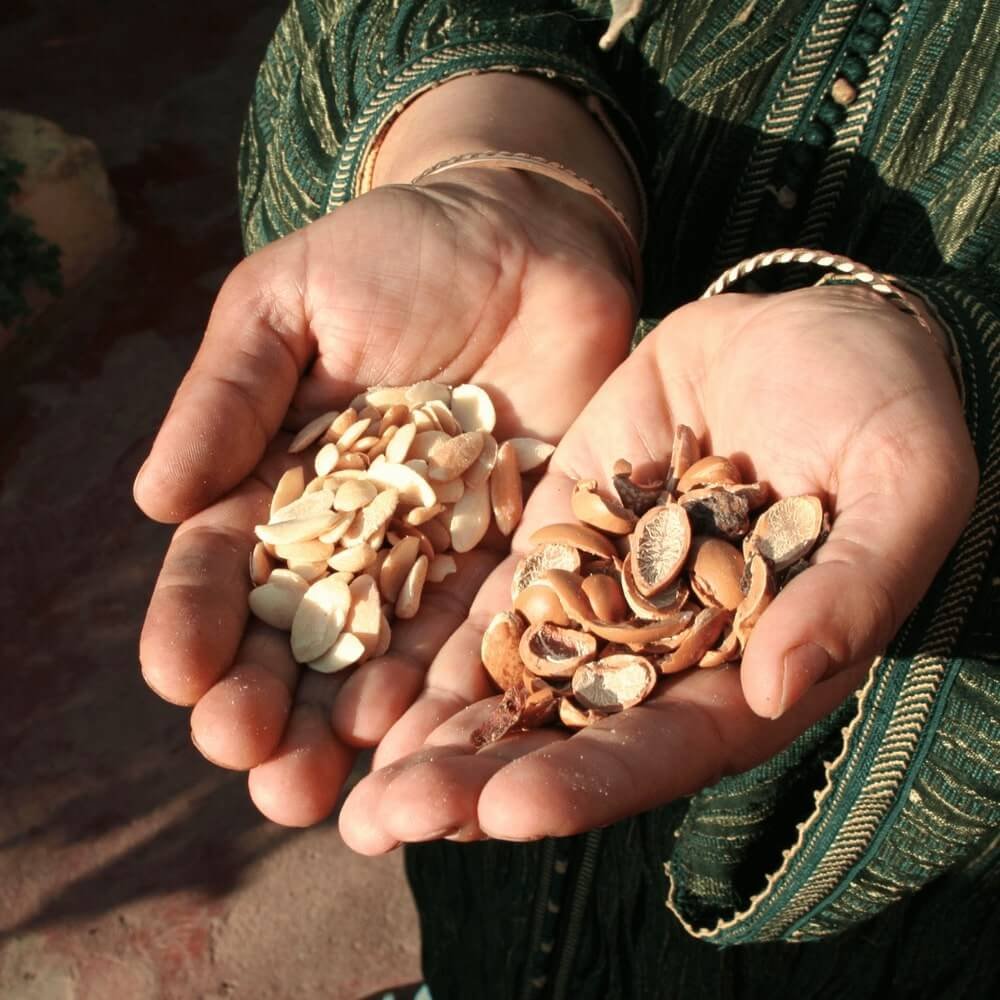
Derived from the kernels of the Argan tree (Argania spinosa), native to Morocco, Argan oil is often dubbed “liquid gold” for its rich golden hue and numerous beauty benefits.
It’s packed with fatty acids, particularly linoleic acid and oleic acid, as well as vitamin E, making it a powerhouse for hair and skin care.
YOU MIGHT LIKE THESE TOO:
- Could Argan Oil Be The Key To Getting Rid Of Stretch Marks For Good?
- Can You Use Argan Oil To Grow And Strengthen Your Nails?
- Argan Oil Or Coconut Oil, Which One Is Best For Your Hair?
Jojoba Oil: Nature’s Conditioner
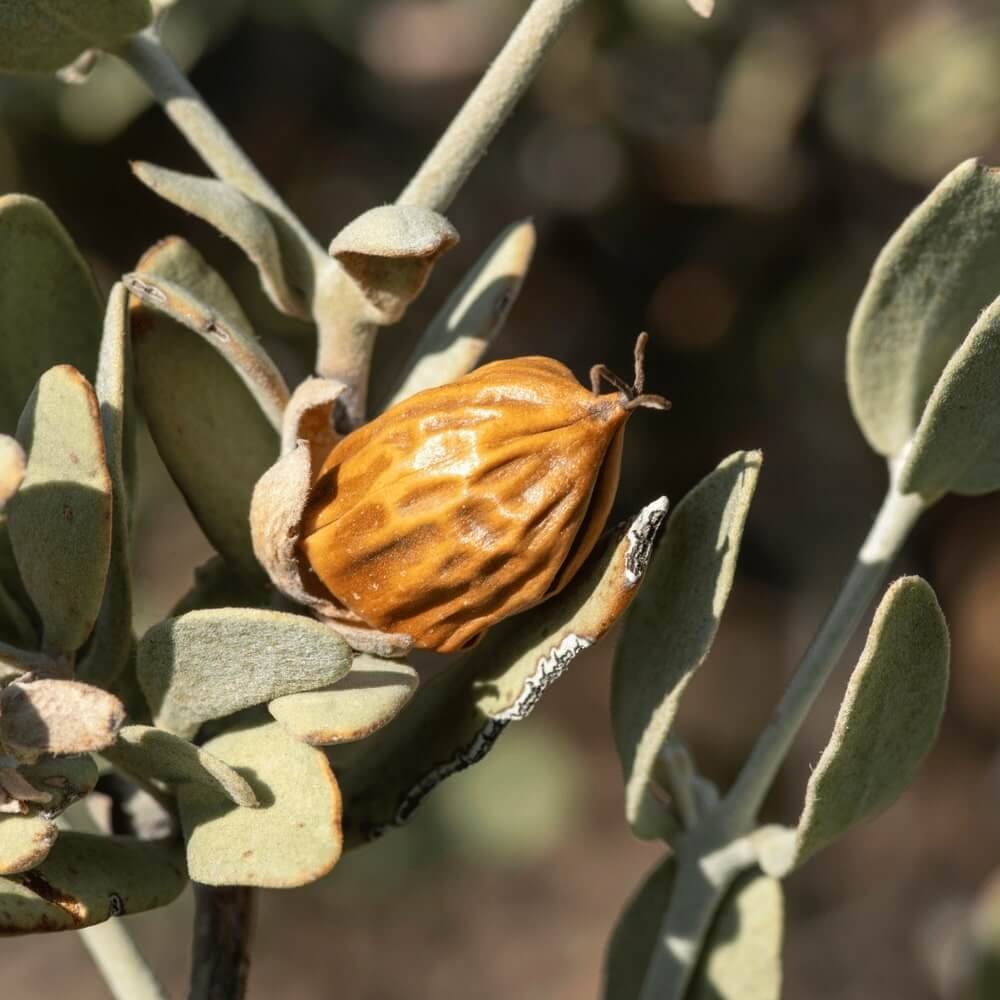
Jojoba oil, extracted from the seeds of the Jojoba plant (Simmondsia chinensis), is technically a wax ester rather than an oil.
It closely mimics the natural sebum produced by our scalp, making it a fantastic moisturiser for both hair and skin.
Rich in vitamins and minerals, it’s a go-to for many looking to boost their hair care routine.
Hair Care Benefits: Argan Oil vs. Jojoba Oil
Now, let’s see how these oils stack up in the hair care department.
From moisturising to promoting hair growth, both oils bring their A-game.
But which one is better for your hair?
Moisturising Power
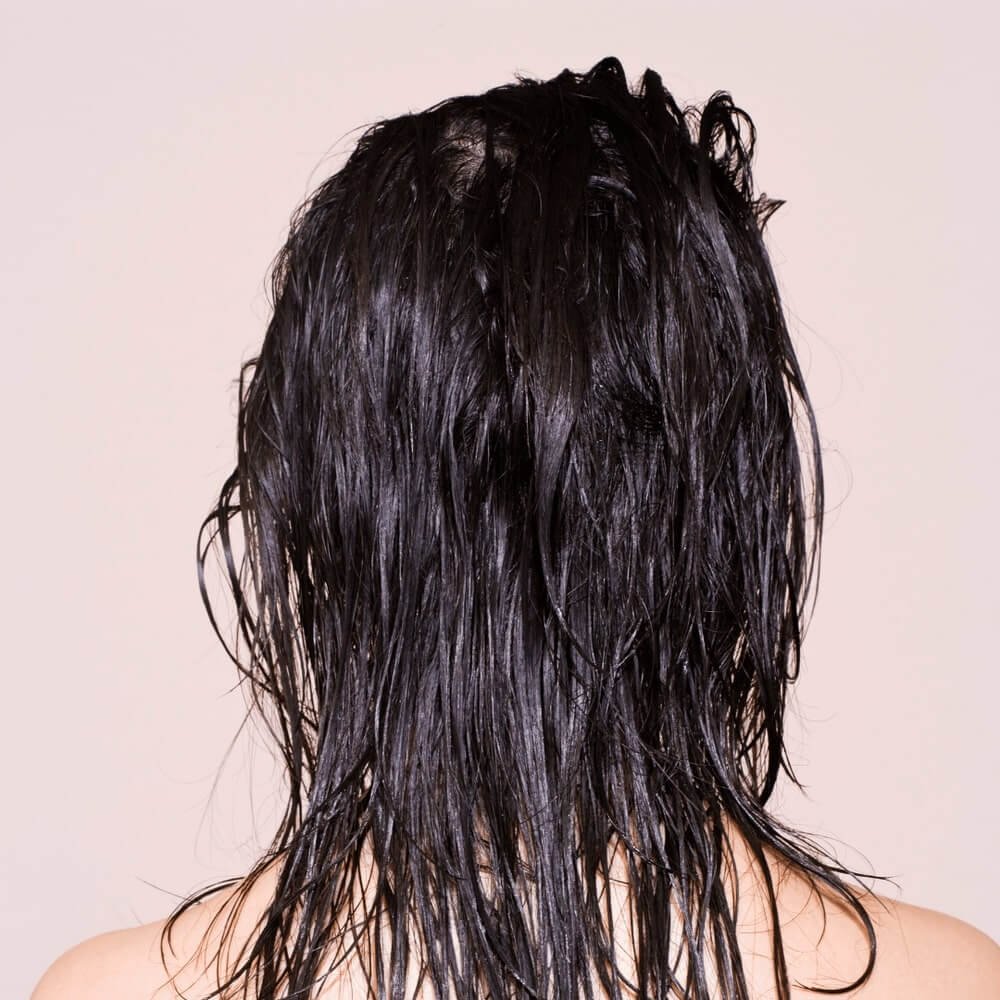
Argan Oil
Argan oil is renowned for its intense moisturising properties.
Thanks to its high content of fatty acids, it penetrates the hair shaft to deliver deep hydration.
This makes it especially beneficial for dry, brittle hair or those with mature skin who need a little extra TLC.
Jojoba Oil
Jojoba oil, on the other hand, is a fantastic moisturiser because it mimics our scalp’s natural oils.
It’s lightweight, non-greasy, and absorbs easily, making it ideal for all skin types, including oily skin.
If your hair is prone to being greasy, jojoba oil might be your new best friend.
Hair Growth

Argan Oil
Argan oil is packed with antioxidants and essential fatty acids that nourish the hair follicles, promoting healthy hair growth.
A study published in the International Journal of Trichology highlighted the benefits of antioxidants like vitamin E in combating oxidative stress on the scalp, which can otherwise hinder hair growth.
Jojoba Oil
While not as extensively studied as argan oil, jojoba oil is known to unclog hair follicles and promote a healthy scalp environment, which can indirectly support hair growth.
It’s particularly good for those dealing with scalp issues like dandruff or dryness.
Repairing Damaged Hair

Argan Oil
Argan oil is a superstar when it comes to repairing damaged hair.
Its rich content of linoleic acid helps to strengthen the hair and prevent breakage.
A 2013 study found that argan oil can reduce the damage caused by hair dye on Caucasian hair.
Plus, its vitamin E content aids in repairing damage from heat styling and environmental factors.
RELATED: 10 DIY Hair Mask Recipes For Bleached Hair
Jojoba Oil
Jojoba oil is excellent for maintaining healthy hair and preventing damage.
Its emollient properties help to smooth the hair cuticle, reducing frizz and enhancing shine.
It’s especially good for those who use a lot of styling products and tools.
Scalp Health: Which Oil Takes the Crown?
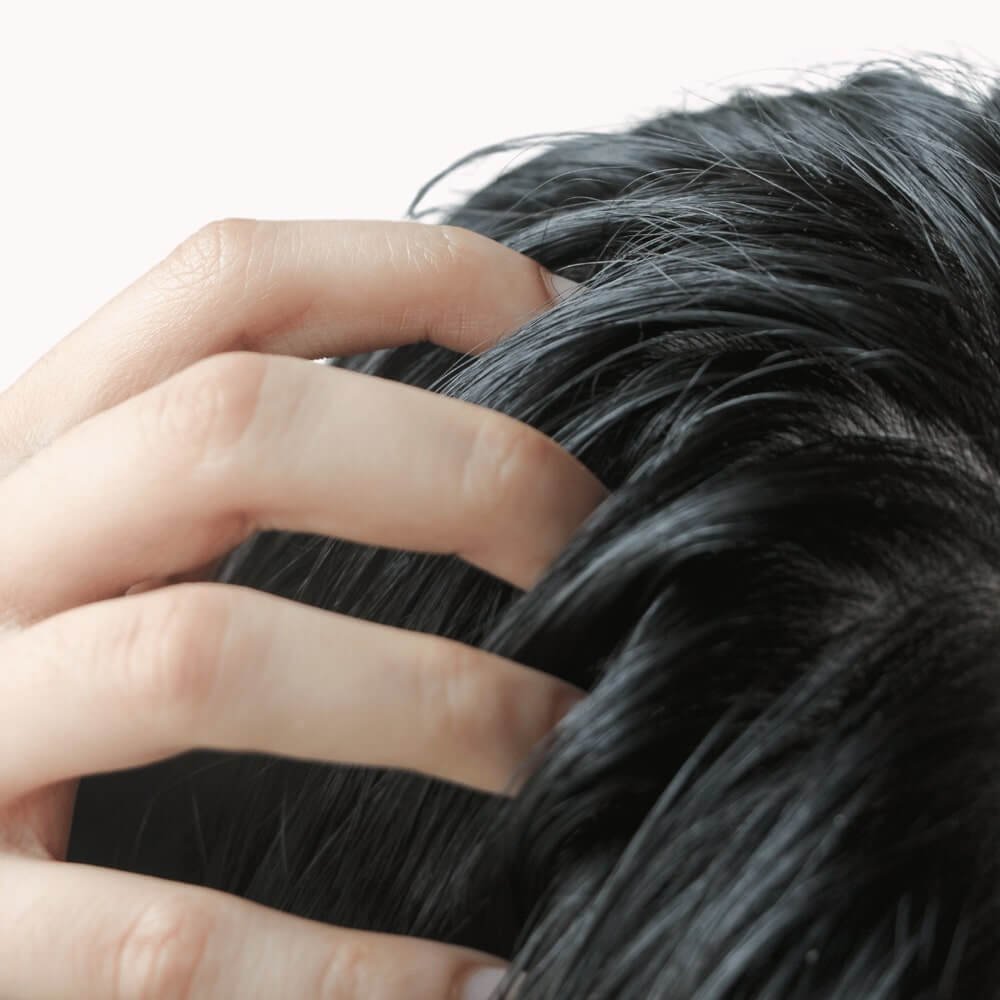
Just like soil provides essential nutrients, moisture, and support for plant roots, a healthy scalp nurtures and supports hair follicles too.
Let’s see how argan oil and jojoba oil perform in this crucial area.
Argan Oil
Argan oil’s anti-inflammatory and antioxidant properties make it a great choice for soothing an irritated scalp.
It can help with conditions like psoriasis and seborrheic dermatitis, providing relief and reducing inflammation.
Jojoba Oil
Jojoba oil is often recommended for its ability to balance oil production on the scalp.
Whether your scalp is dry or oily, jojoba oil can help regulate it, making it a versatile option for many.
Plus, its antibacterial properties can help keep the scalp clean and healthy.
Skin Types: Tailoring Your Choice
Choosing the right oil isn’t just about your hair type; your skin type plays a role too. Let’s explore how each oil fares with different skin types.
Argan Oil for Different Skin Types
Dry Skin: Argan oil is a lifesaver for dry skin, providing deep hydration without clogging pores.
Oily Skin: While heavier than jojoba oil, argan oil can still be used sparingly to provide nourishment without overloading the skin.
Sensitive Skin: Its soothing properties make it suitable for sensitive skin prone to irritation.
Jojoba Oil for Different Skin Types
Dry Skin: Jojoba oil is excellent for dry skin, providing moisture without leaving a greasy residue.
Oily Skin: Its lightweight nature and similarity to sebum make it perfect for oily skin, helping to balance oil production.
Sensitive Skin: Jojoba oil is gentle and non-irritating, making it a good option for sensitive skin.
Natural Oils: A Comparison with Other Popular Choices
While argan oil and jojoba oil are fantastic, how do they compare to other popular natural oils like coconut oil?
Argan Oil vs Coconut Oil
Coconut oil is another favourite in the beauty world, known for its moisturising and antibacterial properties.
However, it’s heavier than both argan and jojoba oils and can be comedogenic (pore-clogging) for some skin types.
Argan oil, with its lighter texture and rich nutrient profile, can be a better option for those who find coconut oil too heavy.
RELATED:
- Try This Easy Coconut Oil Hair Mask For Damaged Hair
- Argan Oil Or Coconut Oil, Which One Is Best For Your Hair?
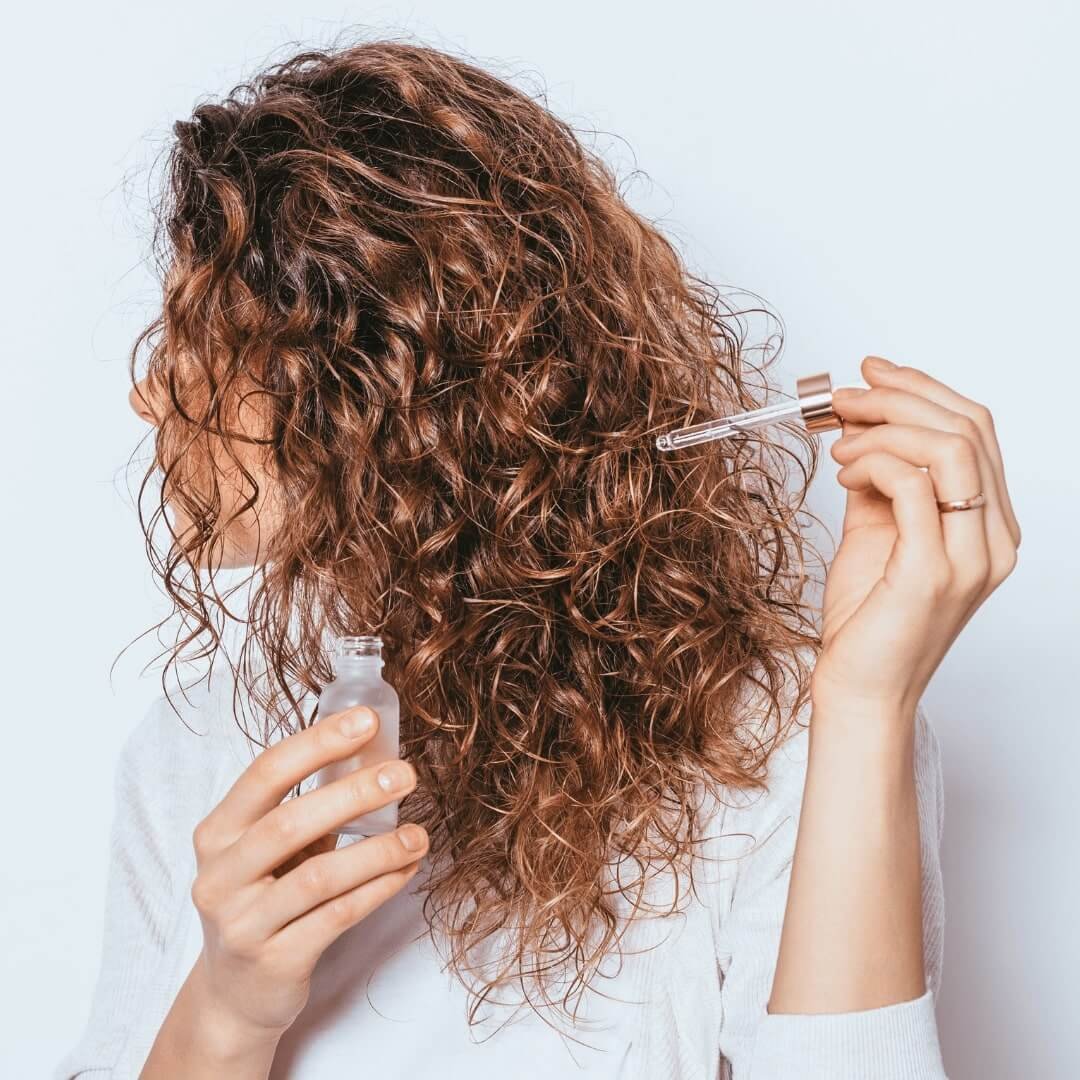
Argan Oil vs Moroccan Oil
Moroccan oil, while containing argan oil as a primary ingredient, also includes other plant oils, extracts and additives that enhance its ability to smooth and protect hair.
It offers immediate benefits like added shine, frizz control, and heat protection, making it ideal for styling and quick results, but some may prefer argan oil as it’s pure, natural, and packed with nutrients like vitamin E and essential fatty acids, providing deep nourishment, strengthens hair, and promotes a healthy scalp.
It’s especially beneficial for dry, damaged hair and those looking for a natural, chemical-free product.
Jojoba Oil vs Avocado Oil
Avocado oil is prized for its deep moisturising properties and rich nutrient profile, making it ideal for nourishing dry and damaged hair while providing antioxidant protection for the skin.
Jojoba oil, with its resemblance to the skin’s natural oils, excels in balancing oil production and promoting scalp health without clogging pores, making it suitable for all skin types.
Choosing between Avocado oil and Jojoba oil ultimately depends on whether you prioritise intensive hydration and antioxidant benefits or lightweight, non-comedogenic moisture and oil regulation in your hair and skincare routine.

Argan Oil vs Castor Oil
Castor oil, extracted from castor seeds, stands out for its ricinoleic acid content, known to stimulate hair growth and nourish the scalp while offering anti-inflammatory benefits.
Both oils offer unique advantages, so selecting the right one depends on whether you prioritise intense hydration and antioxidant benefits (Argan oil) or hair growth stimulation and scalp health (Castor oil) in your beauty regimen.
The Verdict: Which Oil is Better for Your Hair?
So, after all this, which oil is the ultimate champion for your hair? The answer is—it depends!
Both argan oil and jojoba oil have their unique benefits and can be incredibly effective depending on your hair type and needs.
When to Choose Argan Oil
If your hair is dry, damaged, or needs intense hydration.
If you have mature skin or need a powerful anti-inflammatory treatment for your scalp.
If you’re looking for an all-around nourishing oil that also benefits your skin.
When to Choose Jojoba Oil
If your scalp is oily or prone to acne.
If you need a lightweight moisturiser that won’t weigh your hair down.
If you’re looking for a versatile oil that can balance sebum production and promote a healthy scalp.
If you need a product that provides instant smoothness, shine, and protection from heat styling.
How To Use These Oils In Your Hair Care Routine

Ready to incorporate these oils into your routine? Here’s how you can do it:
Argan Oil
As a Pre-Shampoo Treatment: Apply a generous amount to your hair, focusing on the ends. Leave it on for 30 minutes to an hour, then wash as usual.
As a Leave-In Conditioner: After washing, apply a few drops to damp hair to lock in moisture and add shine.
As a Styling Aid: Use a small amount to tame frizz and add a finishing touch to your style.
Jojoba Oil
Scalp Treatment: Massage a few drops into your scalp to balance oil production and soothe any irritation. Leave on for at least 30 minutes before washing.
As a Hair Serum: Apply a small amount to the ends of your hair to prevent split ends and add shine.
Mixed with Conditioner: Add a few drops to your regular conditioner for an extra boost of hydration.
Save on Pinterest for later?

FAQs
Q. Is Argan Oil Good For Curly Hair?
Argan oil is an excellent choice for curly hair due to its deep moisturising properties and ability to tame frizz.
Rich in fatty acids like oleic and linoleic acids, as well as vitamin E, argan oil hydrates curls effectively without weighing them down.
It enhances shine, defines curls, and improves elasticity, reducing breakage and split ends common in curly hair.
Q. Is Argan Oil Comedogenic?
Comedogenic ratings range from 0 to 5, with 0 being non-comedogenic (won’t clog pores) and 5 being highly comedogenic (likely to clog pores).
Argan oil has a comedogenic rating of 0, which means it’s very unlikely to block your pores.
Q. Is Jojoba Oil or Argan Oil For Low Porosity Hair?
For low-porosity hair, which has difficulty absorbing moisture due to its tightly closed cuticles, jojoba oil is generally considered more beneficial than argan oil.
Here’s why:
Jojoba oil closely mimics the natural oils produced by our scalp, making it lightweight and easily absorbed by low-porosity hair.
It helps to balance moisture levels without weighing down the hair or leaving a greasy residue.
This makes jojoba oil an ideal choice for low-porosity hair types, as it moisturises effectively without causing buildup.





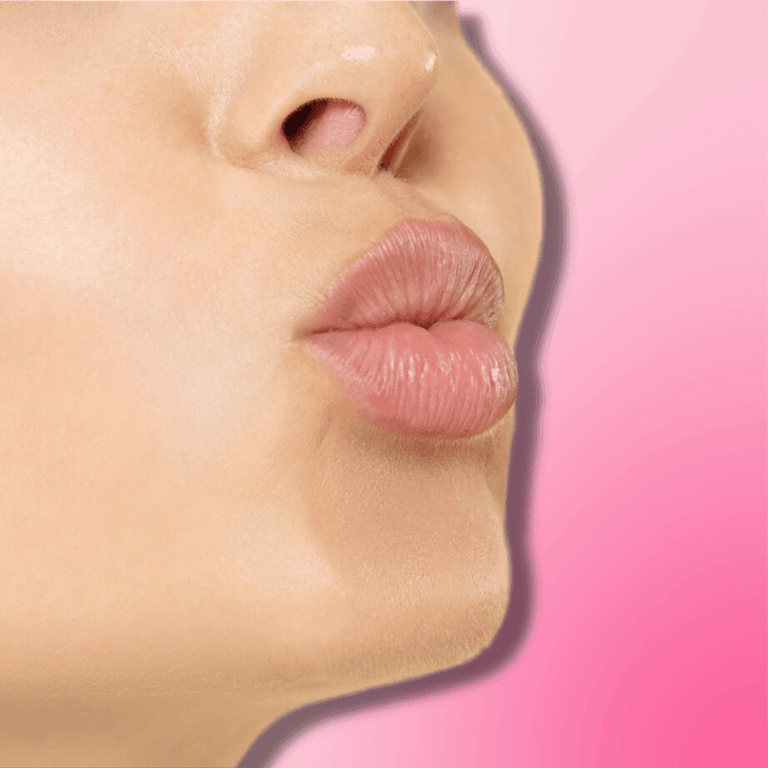


One Comment